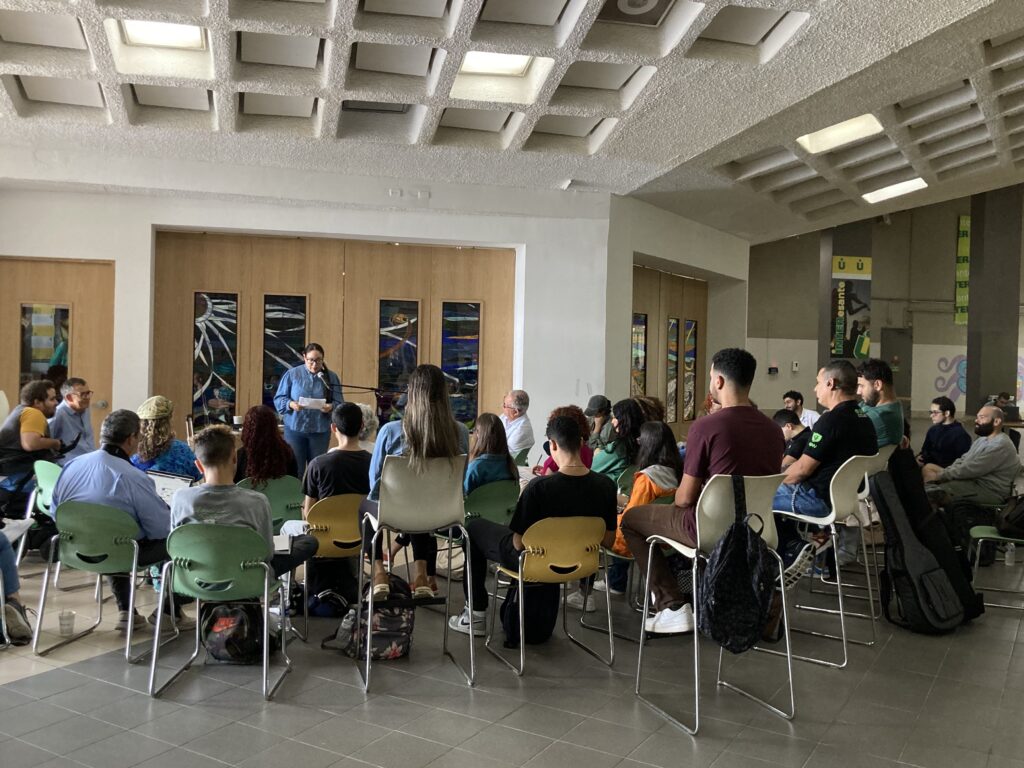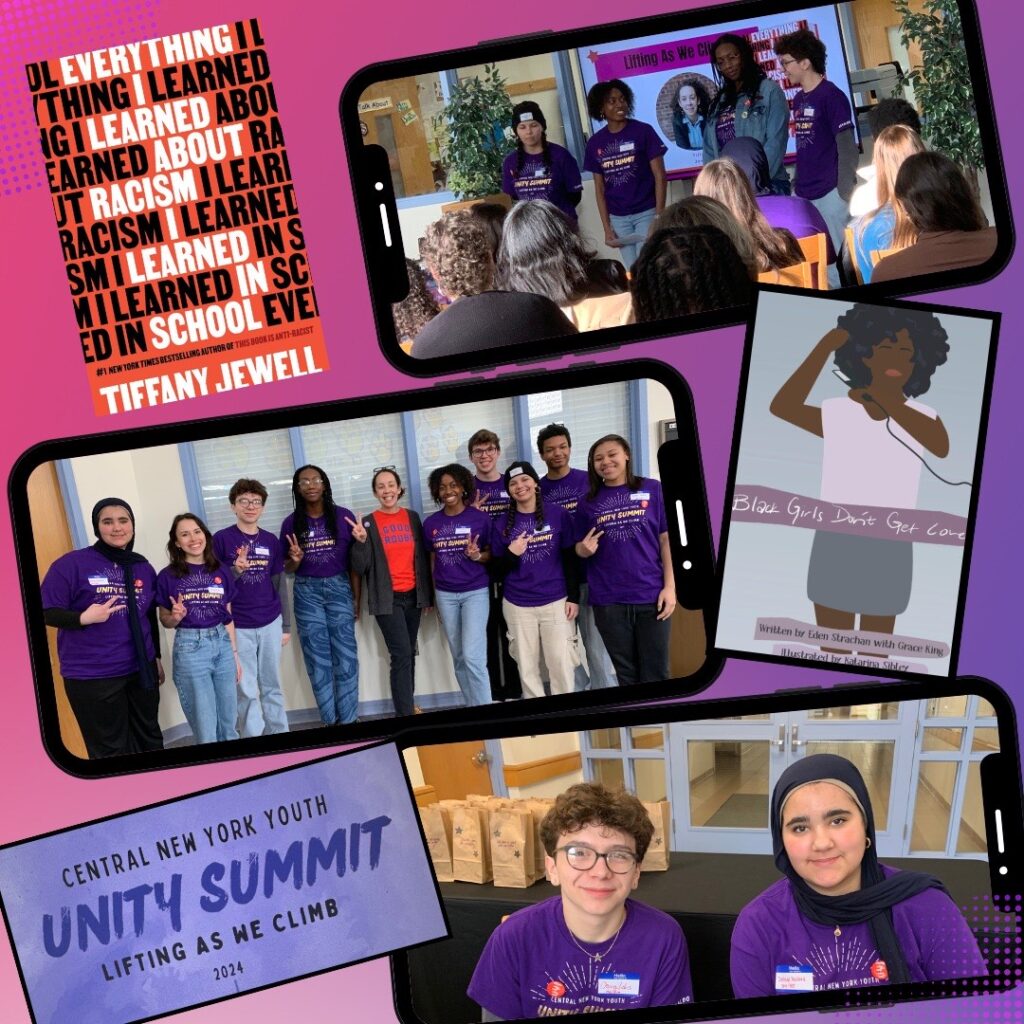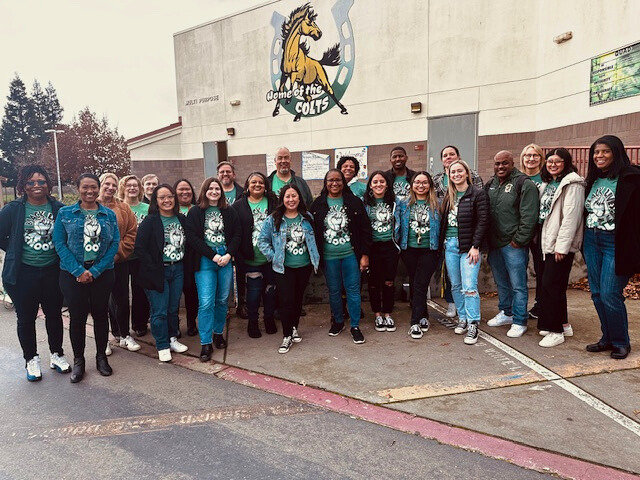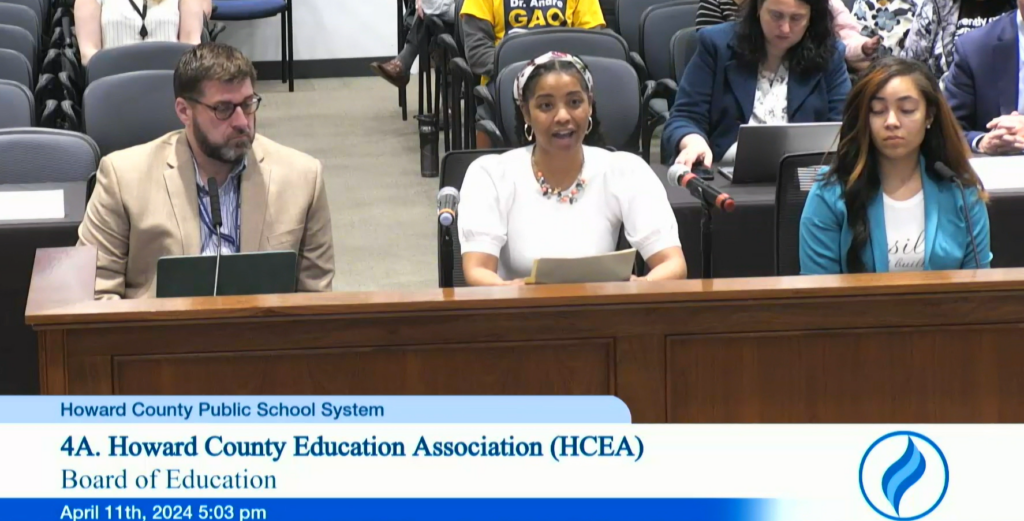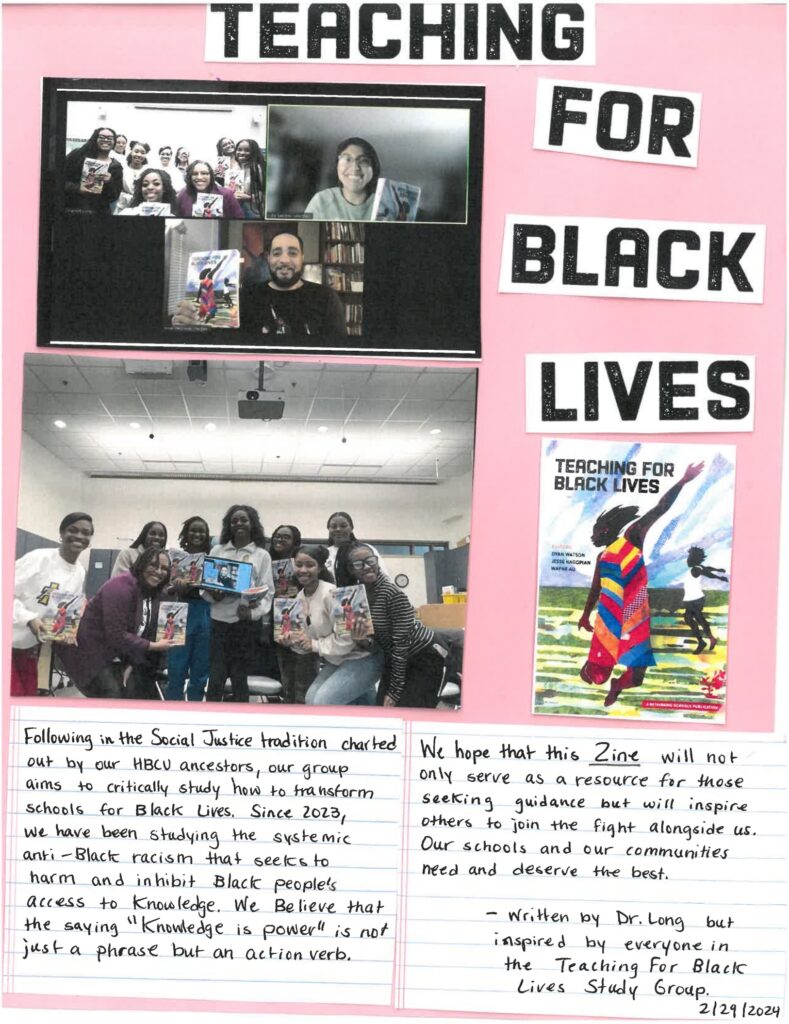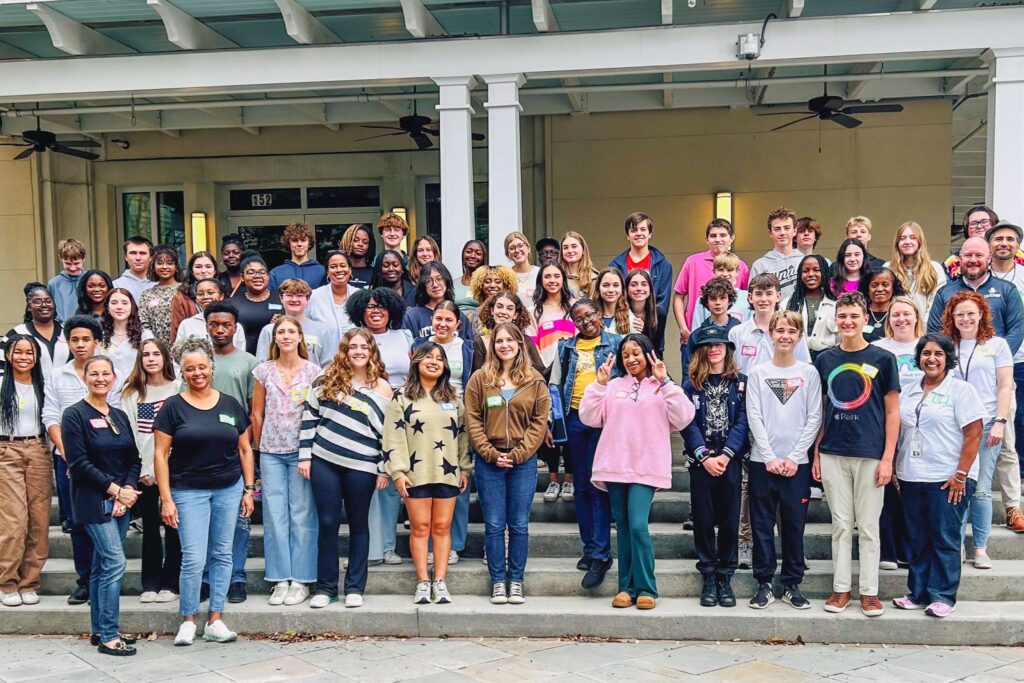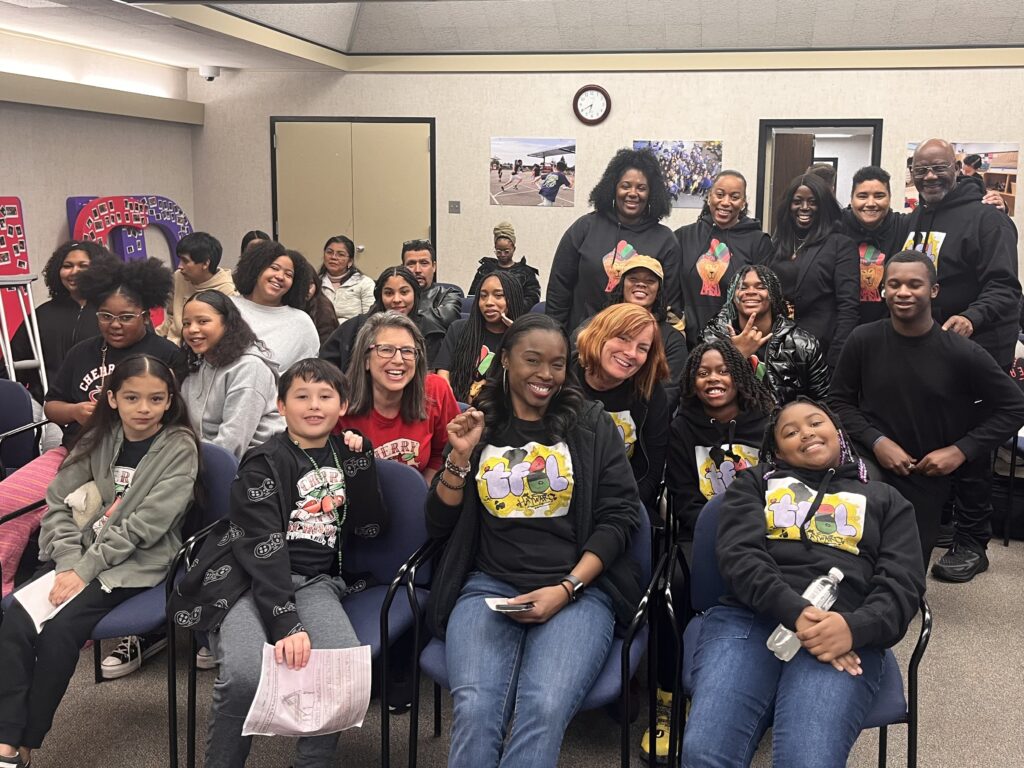For the fourth year, the Zinn Education Project sponsored more than 100 Teaching for Black Lives study groups. In addition to discussing chapters and articles from Teaching for Black Lives and Rethinking Schools, educators attended monthly online classes and curriculum workshops, adapted people’s history lessons, and more.
We received feedback from more than 198 study group participants from the 2023–2024 Teaching for Black Lives cohort. In the end-of-year survey, more than 89 percent of participants said the study group deepened their understanding of how to incorporate anti-racism into their curriculum and/or practices; 86 percent said the study group help them continue to do anti-racist teaching despite anti-history legislation designed to limit discussions of structural racism; and 85 percent said the study group provided a community to help sustain them during one of the toughest periods for educators.
Below are members’ comments and quotes about their study group experience.


